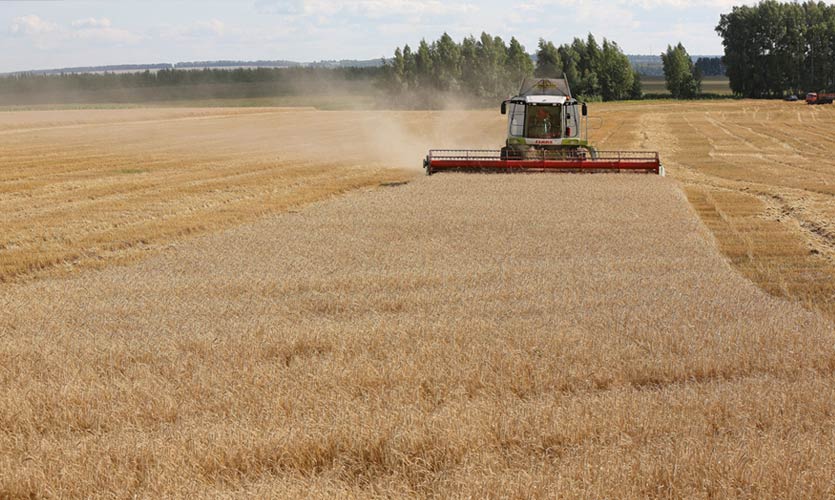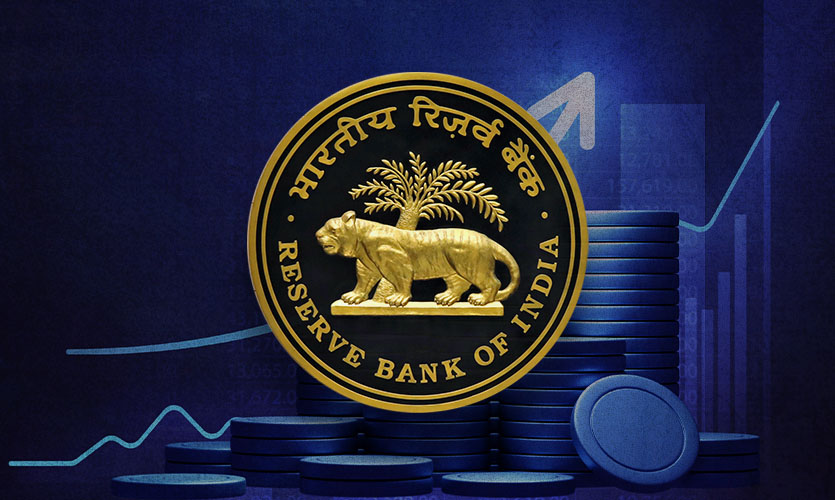The Russian government, on Monday, temporarily banned grain exports and most sugar exports to ex-Soviet countries. However, a senior minister said that it would continue to issue special export licences to traders within its current quota, as reported by Reuters.
Russian wheat is the world’s largest export, with Egypt and Turkey being among the major buyers. Russia competes primarily with the European Union and Ukraine. According to the report, Russian Prime Minister Mikhail Mishustin signed an order on March 14, banning the export of raw and white sugar until August 31. Bans were also instituted on wheat, rye, barley and maize exports to neighbouring Eurasian Economic Union (EEU) states, until June 30. Although Deputy Prime Minister Viktoria Abramchenko indicated that grain exports within the quota will continue to be allowed under individual licences.
As part of the EEU, Moscow has free customs zones with its neighbouring ex-Soviet countries. The country had expressed concern over the rapid export of grain to neighbouring countries. Russian grain export quotas and current taxes do not apply to supplies to the union.
Having adopted these measures, the Russian government stated that it hoped to protect the domestic food market from external constraints. Earlier this week, Interfax news agency reported that Russia’s bank for grain exports boosted wheat prices. However, the report did not mention exclusions from the ban. Neither the government nor the EU had mentioned export licences in their statements.
In Russia, wheat exports have decreased by 45 percent since the beginning of the current marketing season, primarily due to a smaller crop, grain export taxes, and an export quota of 11 million tonnes of grain, including 8 million tonnes of wheat, from February 15 to June 30. There are still 6 to 6.5 million tonnes of wheat left in the country to export by June 30, according to Dmitry Rylko, head of the IKAR agriculture consultancy.
The Russian economy was hit by sanctions following the invasion of Ukraine, and export bans were announced for over 200 products. The ban stopped short of prohibiting the sale of energy and raw materials, which are the country’s biggest exports. According to the government website, the restrictions apply to items previously imported into Russia, such as medical equipment, agricultural machinery, and railway cars. According to the statement, the measure is “necessary to maintain the stability of the Russian market”.
Read more: The Impact of Corporate Pull Out On The Russian Economy
The economy ministry said that Russia has suspended exports of wheat, meslin, rye, barley and corn to the EEU in a bid to protect its home market. Sugar exports to third countries have been banned, with exceptions to certain member countries, including Armenia, Belarus, Kazakhstan, and Kyrgyzstan.
In the wake of sanctions placed on the country by the United States and its allies, Russian banks have been prohibited from dealing in the world’s key reserve currencies, blocking access to their foreign exchange reserves. The US and the UK have also imposed bans on Russian oil imports.
The European Union is taking steps to reduce its dependence on Russian energy, but Russia remains a key supplier. Earlier this week, Russia once again threatened to shut down the Nord Stream 1 pipeline that supplies natural gas to Europe.










